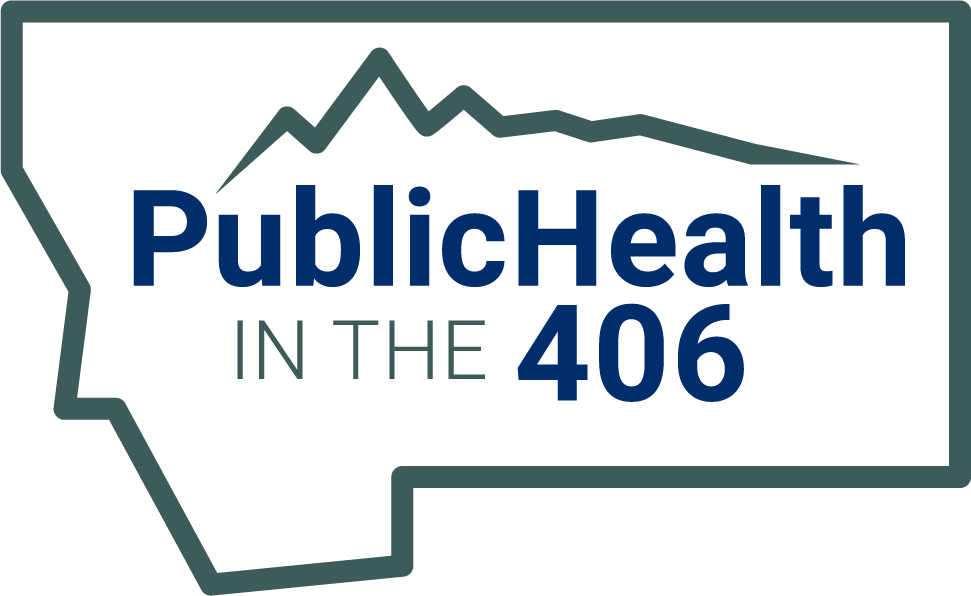Content Notice: This site contains HIV or STD prevention messages that may not be appropriate for l audiences. Since HIV and other STDs are spread primarily through sexual practices or by sharing needles, prevention messages and programs may address these topics. If you are not seeking such information or may be offended by such materials, please exit this website.
I’m HIV+, Now What?
Here are 5 Steps to Stay Healthy While Living With HIV
1. Find a Ryan White Case Manager
A case manager is someone who will connect you to healthcare, coordinate treatment, and be your advocate. They will evaluate your needs, those of your family and support system, and help connect you to services and medication so you can stay healthy and lead a full life. They will help you control healthcare costs. They are non-judgmental and can help you reduce the consequences of risky sex or drug use.
There are seven Ryan White Case Management sites in the state who work with Community Based and AIDS Service Organizations to serve many areas of Montana. Find a case manager at the table below and ask for a "Ryan White Case Manager". More services are available on the locator map at GetTested.MT.gov or contact the Montana STD/HIV Program at 406 444-3565 with any questions you may have.
Bozeman
Gallatin City-County Health Dept.
214 West Mendenhall
Bozeman, MT 59715
(406) 582-3100
Billings
Riverstone Health
123 South 27th Street
Billings, MT 59101
(406) 247-3320
Butte
Silver Bow City-County Health Dept.
25 West Front Street
Butte, MT 59701
(406) 497-5001
Helena
Lewis & Clark County Health Dept.
1930 9th Avenue
Helena, MT 59601
(406) 457-8900
Kalispell
Flathead County Health Dept.
1035 1st Avenue West
Kalispell, MT 59901
(406 751-8157
Missoula
Partnership Health Center
401 Railroad Street West
Missoula, MT 59802
(406) 258-4418
Great Falls
Cascade County Health Dept.
115 4th Street South
Great Falls, MT 59401
(406) 791-9261
2. Connect to Services
Montana has much to offer persons who are HIV+. We want you to stay healthy. Talk to your case manager who will help you connect to services like these:
The Ryan White HIV/AIDS Program provides HIV-related services in the United States for those who do not have enough health care coverage or financial resources for coping with HIV disease. The program fills gaps in care not met by other payers.
The program offers many services to our clients, including medication, health insurance, case management, housing, transportation, emergency assistance, meals, health education, outreach and many others. Talk to a case manager about any of these services that you may need and visit our Ryan White program page to learn more about these services.
3. Talk With Your Partners
Tips for men who have sex with men (MSM).
It is important to have conversations with your partner about safer sex and healthy relationships, but that can be a lot easier said than done. Worried about how your new or existing guy is going to react? You’re not alone, many men have those fears. Check out advice from other men at Conversation Starters.
We’ll take care of it.
If you are diagnosed with HIV and other STDs, your county health department will contact you to ask how to reach your sexual partners, to help them get tested. Without using your name, experienced staff will offer testing and treatment. Your name and medical information is private and confidential, at all times and will never be shared with your partners.
4. Practice Safer Sex
- Use condoms the right way every time you have sex.
- Reduce your number of sexual partners
- Talk to your partner(s) about Pre-exposure Prophylaxis (PrEP). A daily medicine for people who could contract HIV through a HIV+ partner.
- If you recently had unprotected sex with someone, they can lower their risk of contracting HIV infection by taking Post-exposure Prophylaxis (PEP). Act quickly, because it must be taken within 72 hours after a possible exposure.
- Stay on treatment. If taken as prescribed, HIV medicine (ART) can lower the amount of HIV in the blood, (viral load), to where it cannot be detected. People with HIV with an undetectable viral load can stay healthy for many years and have virtually no risk of transmitting HIV to an HIV-negative partner through sex.
5. Practice Safer Injection Drug Use
The best way to reduce the risk of transmitting HIV through injection drug use is to stop injecting drugs. If you continue injecting drugs, never share needles or works. Visit GetTested.mt.gov to find locations where you can get new syringes and dispose of used. Some pharmacies will allow you to buy new syringes.
Other things you can do to lower your risk of transmitting HIV, if you continue to inject drugs, include:
- Cleaning used needles with bleach. This may reduce the risk of HIV but doesn't eliminate it.
- Using sterile water to fix drugs.
- Cleaning your skin with a new alcohol swab before you inject.
- Being careful not to get your blood on someone else's hands, needle or works.
- Disposing of needles safely after one use. Use a sharps container, a hard sided plastic container, and keep used needles away from other people.
- Suggest your partners get tested for HIV at least once a year.
- Take your anti-viral therapy as directed to keep your viral load low. This will help keep you healthy, and lower the risk of passing on HIV infection to others.
- Using a condom the right way every time you have anal or vaginal sex. Learn the right way to use a male condom.
Substance Use Treatment locater:
Behavioral Health Treatment Services Locator
SAMHSA's National Helpline: 1-800-662-HELP (4357)
More Resources
The Centers for Disease Control (CDC) has information on other topics. This link will help you better understand care, protect others, deal with discrimination, stay healthy, travel and make family planning decisions.
HIV.gov has information on living well with HIV, follow the links to Living Well to find information on aging with HIV, employment and health, exercise, diet and travel outside the U.S.
Have you been exposed to HIV or an STD?
Find a testing site near you
Cogswell Building
Room C-211
1400 Broadway
Helena, MT 59620
(406) 444-3565




